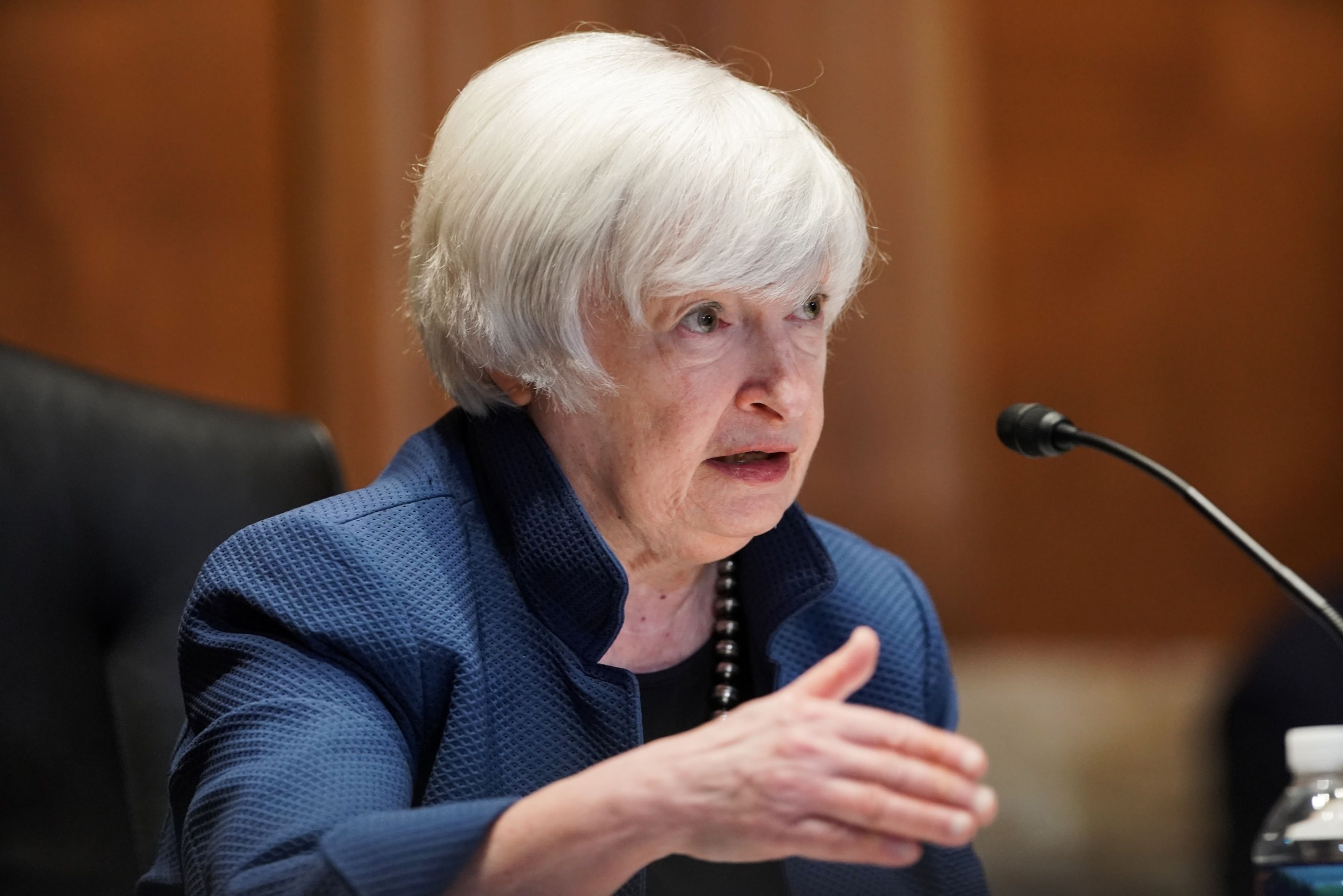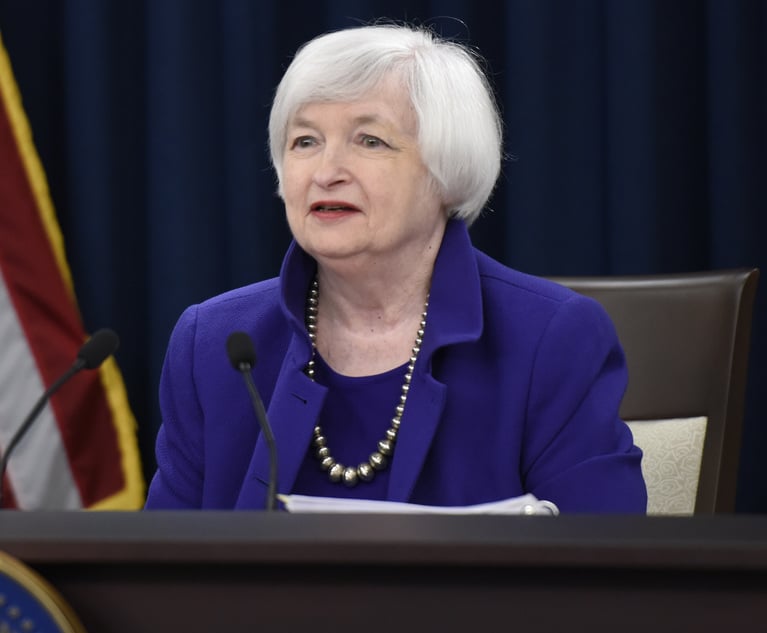About The Author
CONNECT WITH THIS AUTHOR
August 02, 2022
July 21, 2022
July 19, 2022
June 13, 2022
June 08, 2022
June 03, 2022
February 16, 2022
November 30, 2021
September 08, 2021
July 29, 2021



